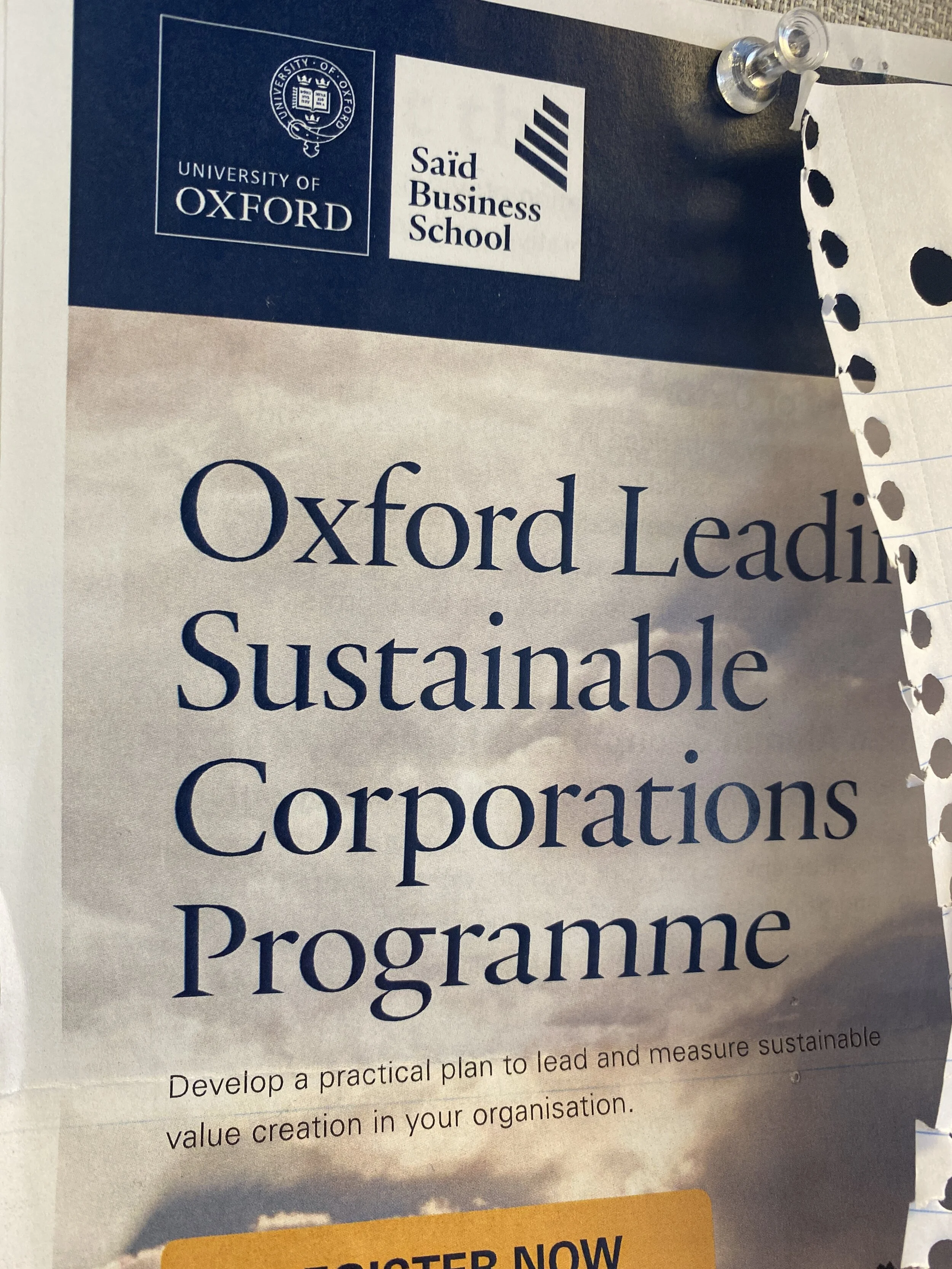Past and present colleagues often know me as a visionary leader on a mission—strategically engineering healthier, more sustainable, and livable communities. With a background that melds architecture, construction, and military precision, I'm a natural problem-solver, magnetically pulled toward tackling grand-scale global issues, particularly those intersecting health and the built environment.
Let's face it: the building sector is a major climate culprit, responsible for over a third of global annual greenhouse gas emissions, and more specifically, the construction industry is responsible for 38% (14 gigatons) of all energy-related greenhouse gas emissions each year.
Recognizing this, I've made it my life's work not just to be part of the conversation but a catalyst for change, driving practical solutions for our economy into a greener, more sustainable era.
But here's the kicker—I'm not just committed to this work; I'm absolutely jazzed about it! It's not just a job; it's a calling I relish every day.


Last month, I had the privilege of presenting at the 2nd Annual Advancing Construction Decarbonization Conference in Denver. The event brought together sustainability leaders, project executives, and innovators to explore one central question: How can we accelerate carbon reductions in the construction phase, where it often matters most—but is least understood?
Early on during the pandemic, I would hear people say that we should all have something to show for how we spent our time during this time. So when an advert from the Said Business School at the University of Oxford showed up on my LinkedIn offering an executive education program on sustainability for corporate leaders, I jumped at the chance to dive deep into a topic near and dear to my heart.
As this year closes, I’m thinking about the successes of 2020 despite all the challenges, and it feels very satisfying to finally deliver an essential new professional development tool to our folks in the construction industry.
We made a brief video to share with you to talk about the services offered by the Sustainability Department. I hope you’ll enjoy learning more about our team’s value proposition, how we support project teams, our company, and our communities.
As Greenbuild 2018 kicked off on November 14, Clark Construction hosted a stimulating cross-sector networking event for more than 50 industry leaders that featured a discussion with experts representing corporate, government, non-profit, and small business perspectives about “Making the Case for Green and Healthy Buildings” at the Marriott Marquis Chicago.
Sustainability, in the practical definition of reducing costs and optimizing assets, gets right to the fulcrum of how to balance growth with innovation to overcome the consequences of compromises made long ago on the path to modern development.
For a while now, I haven't been able to stop thinking about Jake Parker's Finished Not Perfect video. I like it so much because he talks about the importance of finishing things, and I think it's a profoundly needed rally cry for all generations, but especially for the generations of change-makers that recognize the future will only be as #sustainable as we start to make it today.
Last week, I attended the Environmental Film Festival in the Nation's Capital for my second year, and I'm excited by how their programming—especially around Built Environment themes—continues to grow and evolve. Events like this remind me how vital it is to step beyond industry silos and connect our construction and design conversations to broader environmental dialogues.
As we continue to see data center demand surge, the conversations sparked here at the Building Transformation Forum must evolve into tangible actions. By embracing these sustainable practices, we can redefine how technology and cities coexist for the benefit of society.
The construction industry plays a critical role in shaping the built environment. However, it also has a significant impact on the environment. According to a 2020 study by McKinsey & Company, approximately 26 percent of all GHG emissions and 37 percent of combustion-related emissions come from the construction and operation of the built environment. And, according to a 2021 report from the World Business Council for Sustainable Development, the construction industry is responsible for 38% (14 gigatons) of all energy-related greenhouse gas emissions each year.
So, as the world grapples with climate change, this sector presents a tremendous opportunity for decarbonization. LEED certification plays a crucial role in promoting sustainable building practices and reducing the construction industry's environmental impact.
As we observe Earth Month, my story is a testament to the impact of individual actions. It's a call to embrace innovation, from heat pumps to smart thermostats and electric vehicles, recognizing that the path to sustainability is one of collective effort and shared responsibility. This narrative is not just about sharing my journey but about inspiring others to reflect on their choices and their potential to contribute to a more sustainable, efficient, and comfortable world.
Reflecting on my transformative journey with the Urban Design Program and the impactful project in Kumasi, Ghana, this experience marks a pivotal point in both my professional development and personal commitment to sustainable urban design. Addressing urban poverty through innovative waste management and sanitation, our work aimed to foster equitable and sustainable environments, while empowering local communities.
As President-Elect Biden establishes his climate leadership team with a focus on environmental justice, I fondly remembered my past work at the Clinton Global Initiative, where I oversaw the development of the City of Birmingham’s six-point commitment to action for ongoing community revitalization and the creation of hundreds of jobs in North Birmingham.
More Americans are living into retirement age than ever before. According to the Census Bureau, the number of seniors aged 65 or older will more than double to 88.5 million by 2050.















Environmental, social and governance (ESG) refers to the three central factors in measuring the sustainability and ethical impact of an investment in a company or business.